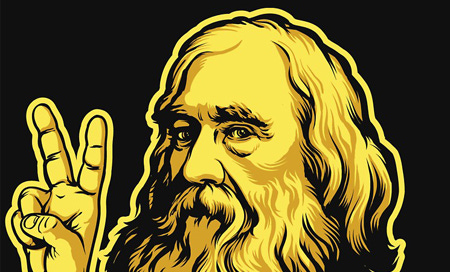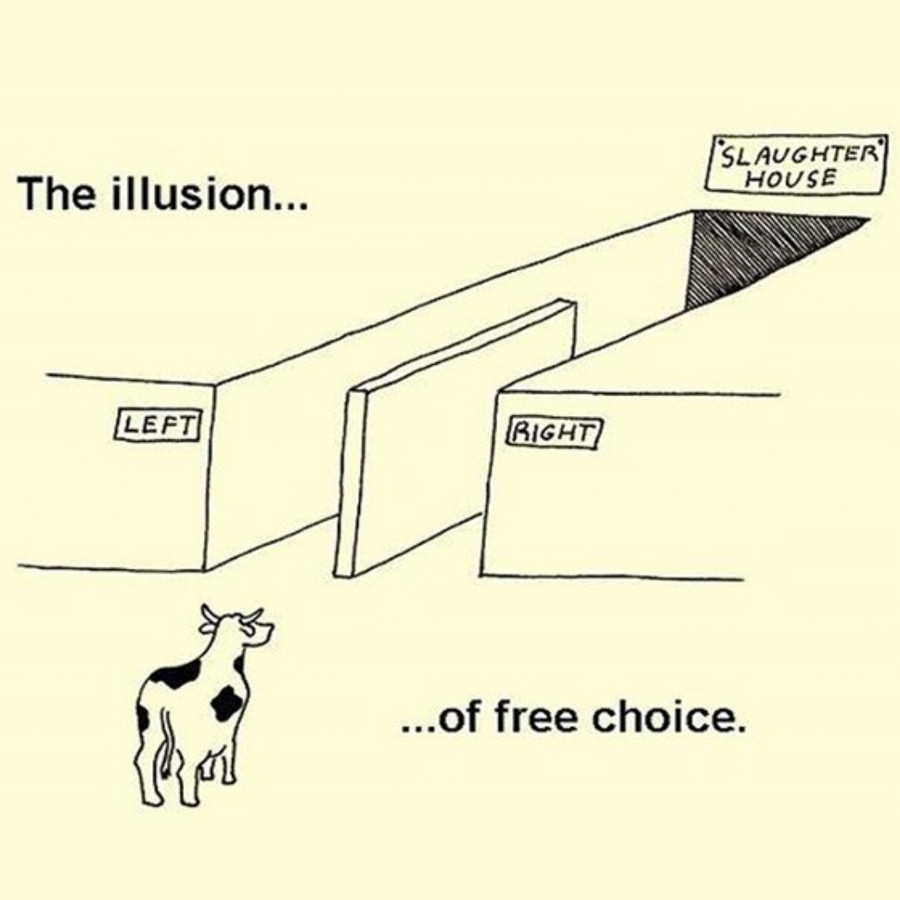I’ve written before about the waning of libertarianism among Gen Z. This project attempts to survey the full spectrum of the young political landscape (as much as is possible) but it is not proportionate. Free market philosophies seem far less appealing to a generation whose adolescence is characterized by a series of market failures. However, homesteading has remained an integral part of the American ideological space. In this interview we see an intermingling of back to the land philosophies with a generationally unique climate dread and techno-pessimism.
AmericanLiberty
age 19
Lousiana, USA
Instagram
***
How would you describe your politics or ideology?
Anarchist, mostly with agrarian sympathies
Who are your biggest influences?
Buddha, Thoreau, Whitman, Locke, Socrates
What was your ideology before entering these spaces?
Or how have your views evolved since you started participating?
American Fox News Conservative
When did you first learn about or start visiting online political communities?
Probably around 2014
Keep reading with a 7-day free trial
Subscribe to Doomscroll to keep reading this post and get 7 days of free access to the full post archives.





